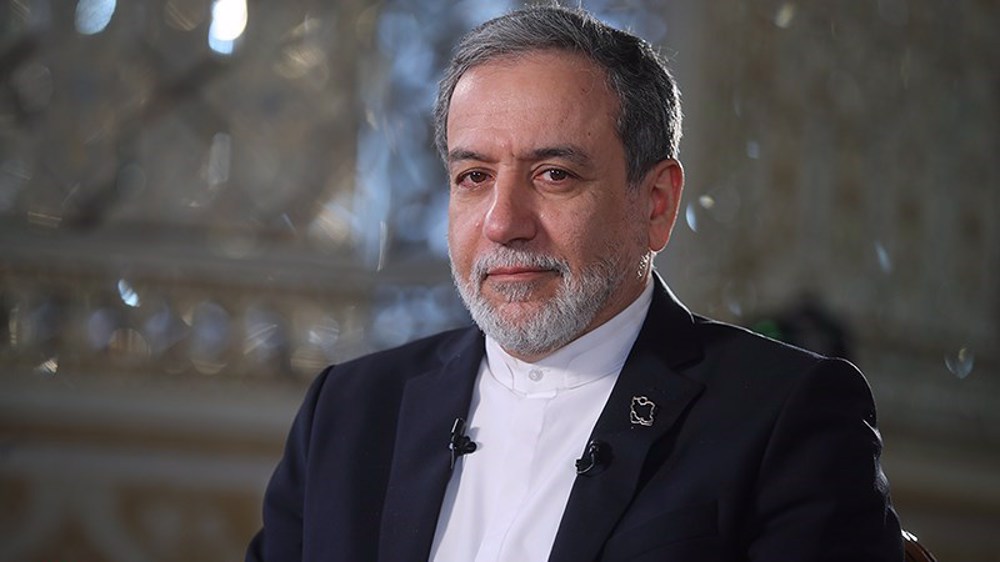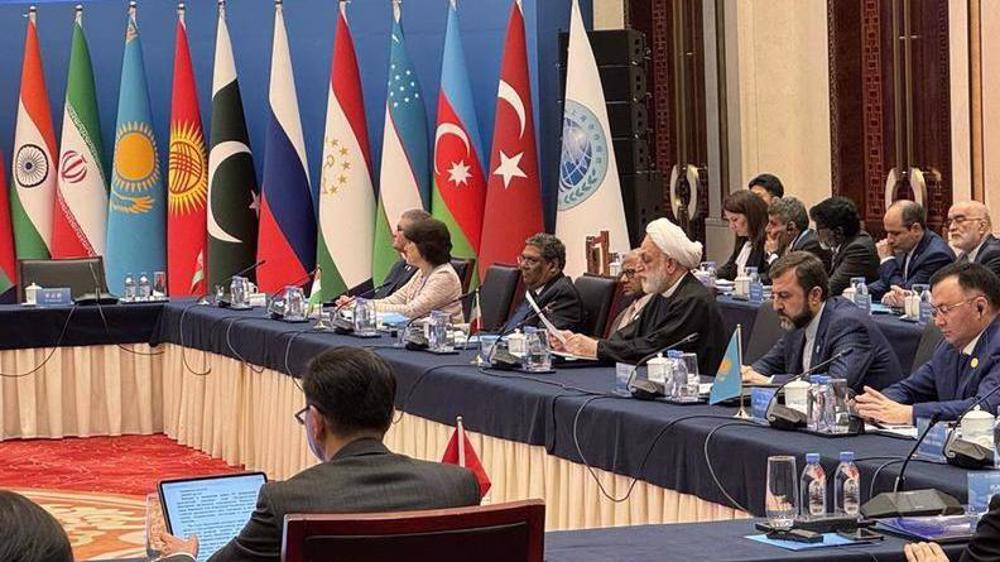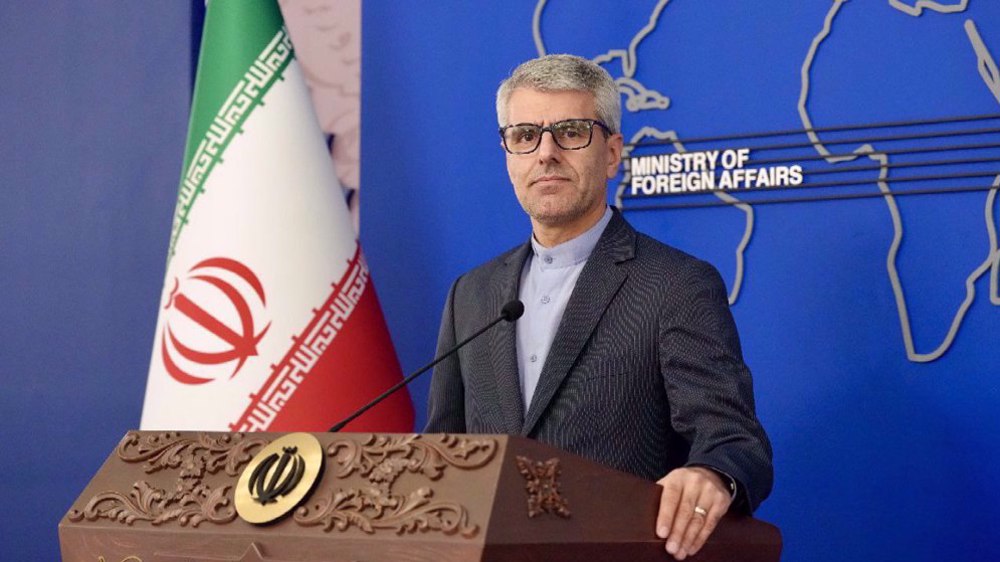Syria's deputy FM due in Tehran for talks
Syrian Deputy Foreign Minister Faisal al-Mekdad is to pay a visit to Iran to discuss the latest developments in Syria with senior Iranian officials.
Mekdad is scheduled to arrive in Tehran on Monday for a two-day visit and will meet with Iran’s Deputy Foreign Minister for Arab and African Affairs Hossein Amir-Abdollahian.
The Syrian diplomat’s visit to Tehran comes as a new round of UN-mediated peace talks between the Syrian government and foreign-backed opposition groups is expected to start on March 14. Negotiations are expected to end by March 24.
The development comes following remarks by Syria’s Foreign Minister Walid al-Muallem on Saturday who said his country will take part in peace talks with no preconditions and will not accept any preconditions by other negotiating parties.
Elsewhere in his remarks, Muallem said it is only for Syrians to decide their country’s fate, including the issue of presidency, which Damascus considers as a “red line,” noting that no foreign power could decide what is going to happen to Syria's President Bashar al-Assad.
Damascus wants the negotiations to result in the establishment of a "unity government" followed by appointment of a committee to either write a new constitution or make changes to the current one.
Iran likewise says the decision on Assad’s fate is up to the Syrian people and supports the Syrian army and its allies in their fight against foreign-backed militants.
The last round of UN-sponsored peace negotiations fell apart early in February after the Saudi-backed so-called opposition, known as the High Negotiations Committee (HNC), left the talks amid the Syrian army’s Russia-backed gains against militants on several fronts.
Syria has been gripped by foreign-backed militancy since March 2011. According to a February report by the Syrian Center for Policy Research, the conflict has claimed the lives of over 470,000 people, injured 1.9 million others, and displaced nearly half of the country’s pre-war population of about 23 million within or beyond its borders.
Saudi Arabia and Turkey have widely been blamed for the surge in the deadly militancy in Syria as they have been supporting militants with funds, training and weapons.

Iran’s FM warns of Israeli attempts to derail diplomacy through various tactics

Iran unveils legal strategies for SCO states to counter challenges

Iran: New sanctions show US 'lack of goodwill' in talks with Tehran
VIDEO | Middle East alliances: Where do they stand now?
Iran’s FM warns of Israeli attempts to derail diplomacy through various tactics
VIDEO | Mounting objections to the Gaza war
Ben-Gvir: Senior US Republicans back his call for bombing Gaza food stores
Ukraine peace talks downgraded in London as Kiev rebuffs Trump’s proposal
Tahrir Hospital director: Gaza children at most severe stage of malnutrition
VIDEO | An insider's view of Iran: Marvast in Yazd
VIDEO | An insider's view of the country: Termeh







 This makes it easy to access the Press TV website
This makes it easy to access the Press TV website